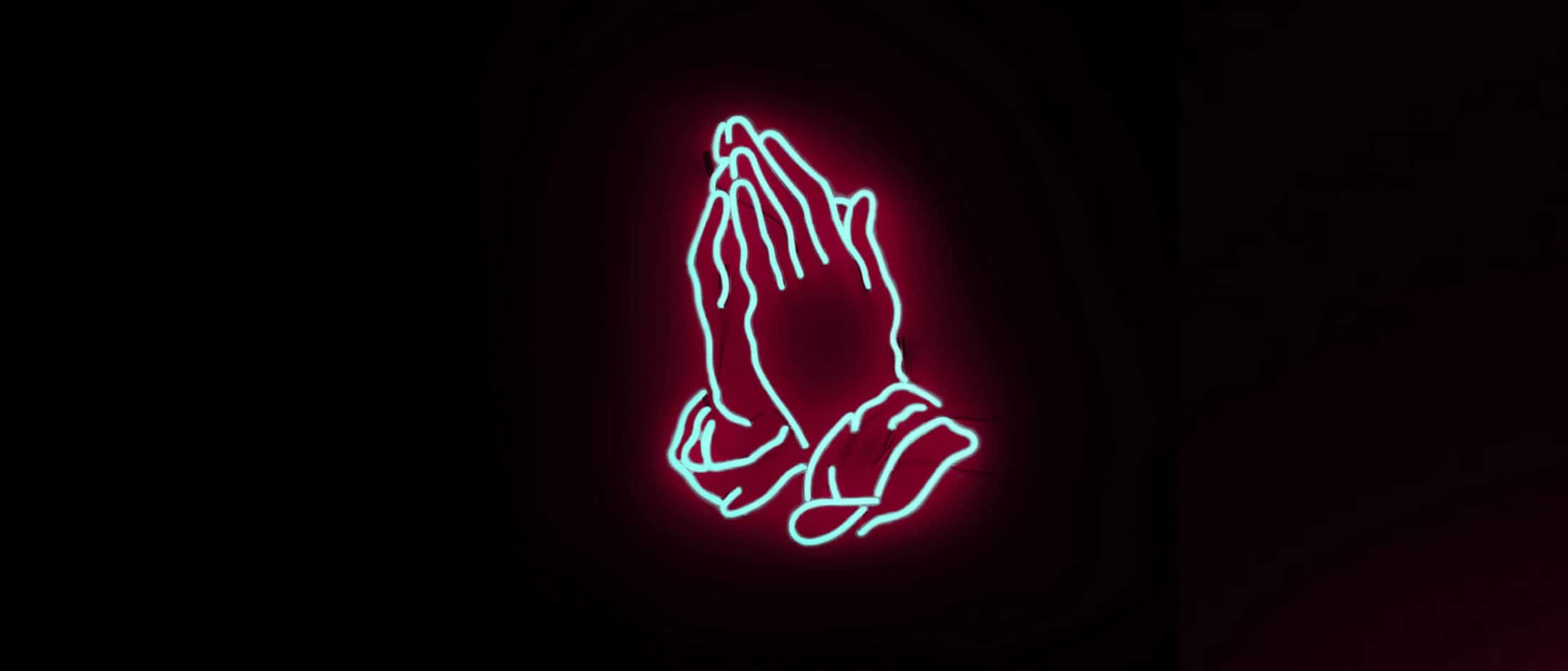
Sometimes life can seem overwhelming. Often, it’s because we can’t help focusing on the bad stuff and forgetting about the good.
Don’t feel too bad. We’re hard-wired to be more impacted by negative events, feelings and thoughts than those things that are positive. Surprisingly, when experiencing two experiences that have equal intensity, we’ll get stuck on the negative rather than the positive.
This psychological phenomenon is called negativity bias, which is a type of unconscious bias. Unconscious biases are attitude and judgements that aren’t obvious or known to us but still affect our thinking and actions. They are often in play despite the fact we may consciously hold a different view. They’re not called unconscious for nothing.
This is an especially tricky aspect of negativity bias since we tend not to notice ourselves latching onto the negative aspects of any given situation, which makes preventing a psychological spiral all the more difficult.
We’ve all experienced how easy it is to spiral due to the one hater who pops up in in our Insta or Twitter feed despite the many positive comments we could be basking in. This is the pernicious power of negativity bias – we are disproportionately affected by negative experiences rather than the positive.
Remember that time a co-worker or friend said something irritating to you near the beginning of the day and it remained in your mind the whole day, despite other positive things happening like being complimented by a stranger and getting lots of work done? Of course you remember it. Because our memories are also drawn like a magnet to those negative experiences even when far outweighed by the positive experiences that surrounded it. You might have finished that day still feeling down because you hadn’t been able to forget about the comment, despite the day on the whole having been pretty good.
Something that’s been prevalent for the past two years is negativity around various COVID-19 measures. It’s easy for us to focus on the frustration of forgetting to take our mask with us somewhere or the inconvenience of constantly checking-in. Often these small things can linger in our minds or affect our moods, while small positive things will go almost unnoticed.
Negativity bias can also affect things outside our mood. It can affect our perceptions of people and our decision making.
It also causes us to focus on or amplify the negative aspects of someone’s character, resulting in us expecting the worst of them or seeing them in a broadly negative light. Assuming someone’s intentions are negative is a common way that arguments and misunderstandings occur.
It can also heavily affect our decision-making process, an effect demonstrated by Nobel Prize winners Daniel Kahneman and Amos Tversky, who were groundbreakers in uncovering the role of unconscious bias. Over-emphasising negative aspects of situations can, for example, cause us to misperceive risk and act in ways we normally wouldn’t. Imagine walking down the street and losing $50. How does that feel? Now imagine walking down that same street and finding $50. How different does it feel to find, rather than lose $50? Kahneman used this experiment to show that we are loss averse – even though the amount is the same, most people will feel worse having lost something than having found something, even when it is of equal value.
It’s not all doom and gloom, though. Research suggests that this bias comes from our early need to be attentive to danger, and there are various ways we can remain attentive to possible threats while stemming the effect of negativity on our mental state.
Minimising negativity bias can be difficult, especially when we focus on compounding problems, but here are a few things to remind ourselves of that can help combat negativity spirals.
- Make the most of positive moments. It’s easy to fall into a habit of glossing over small victories but taking a few minutes to slow down and appreciate a sunny day, or a compliment from a friend, or a nice meal can help to take the negative winds out of our sails.
- Actively self-reflect. This can include things like recognising and acknowledging negative self-talk, trying to reframe the way you speak about things to others in a more positive light and double-checking that when you do interpret something as negative that it is proportionate to the threat or harm it poses. If it’s not, take some time to reassess.
- Develop new habits. In combination with making an effort to recognise negative thought patterns, we can develop habits that help to counteract them. Pay attention to what activities give you mental space or clarity, or tend to make you happy, and try to do them when you can’t quite shake the negativity off. It could be as simple as going for a walk, reading a book, or listening to feel-good music.
Ethics in your inbox.
Get the latest inspiration, intelligence, events & more.
By signing up you agree to our privacy policy
You might be interested in…
Opinion + Analysis
Politics + Human Rights, Relationships
Assisted dying: 5 things to think about
Explainer
Politics + Human Rights, Relationships
Ethics Explainer: Dignity
Explainer
Relationships
Ethics Explainer: Vulnerability
Opinion + Analysis
Politics + Human Rights, Relationships




